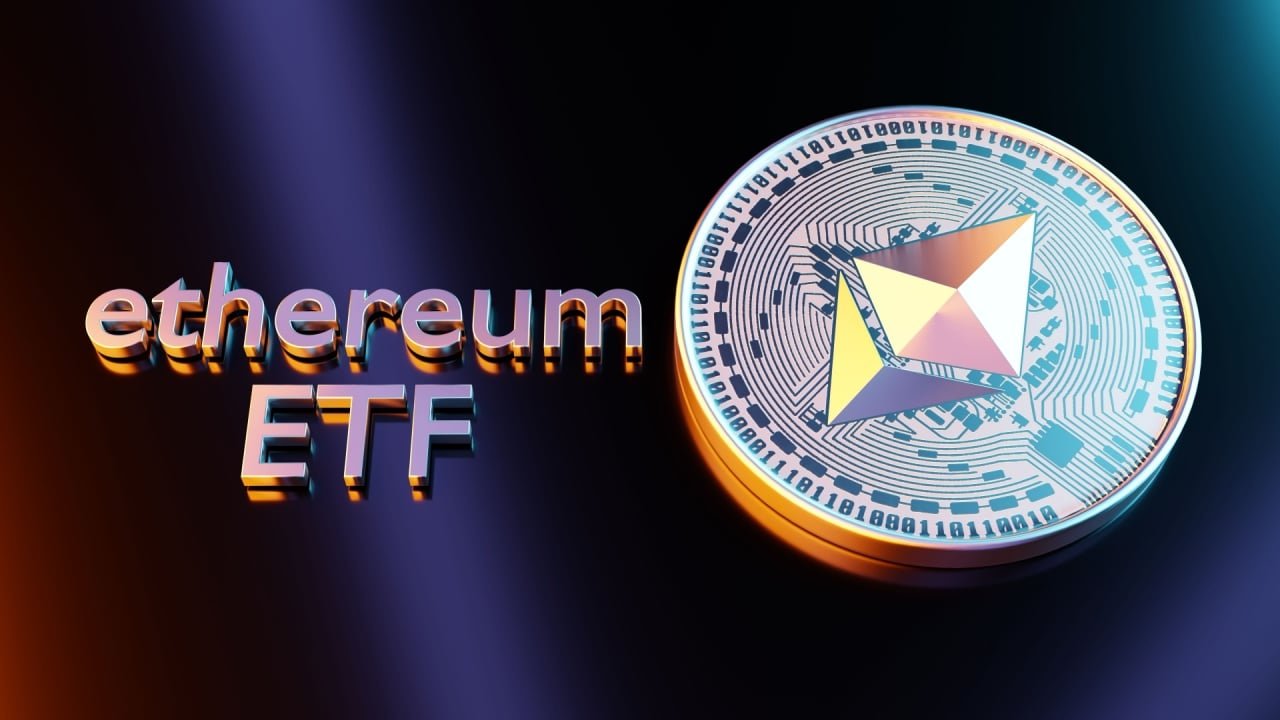Bitcoin (BTC), in the midst of increasing volatility expectations in the cryptocurrency market, has once again risen above $66,000 today in the early hours. Market analysts expect the market’s volatility to increase with recent developments attributed to outflows from Grayscale Bitcoin Trust (GBTC) and the upcoming Bitcoin block reward halving.
Emphasis on Consolidation
Semir Gabeljic, Director of Capital Formation at Pythagoras Investments, pointed out the ongoing high volatility, stating that the decline at the beginning of the week was largely due to outflows from ETFs. Analysts at the Singapore-based leading crypto firm QCP Capital, in their latest market analysis released today, indicated that the market has entered a consolidation phase as Bitcoin and Ethereum (ETH) trade within relatively narrow ranges.
The crypto firm expects potential stagnation over the weekend following increased volatility prior to the FOMC meeting. QCP Capital analysts also noted that outflows from GBTC continue, with a recent net outflow of $358.8 million, and expect more net outflows from spot Bitcoin exchange-traded funds (ETFs).
Reduced Expectations for Spot Ethereum ETF Approval
On the other hand, QCP Capital drew attention to the decreased likelihood of a spot Ethereum ETF being approved in the US in the short term, with the discount on the Grayscale ETH trust rising from minus 8% to minus 20% over the past two weeks, reflecting this sentiment. A prediction contract on leading prediction markets, including Polymarket, indicates that the probability of a spot Ethereum ETF being approved in the US by May 31 is only 21%.

Amid speculation about a spot ETF, the Ethereum Foundation became the target of investigations initiated by US institutions, including the Securities and Exchange Commission (SEC). The SEC’s unanswered questions regarding the classification of ETH have led to lowered expectations for a spot ETF.
While some contracts on Polymarket show a belief among some traders that ETH will reach an all-time high in the second quarter, a significant portion remains skeptical about any record-breaking performance in 2024.


 Türkçe
Türkçe Español
Español









